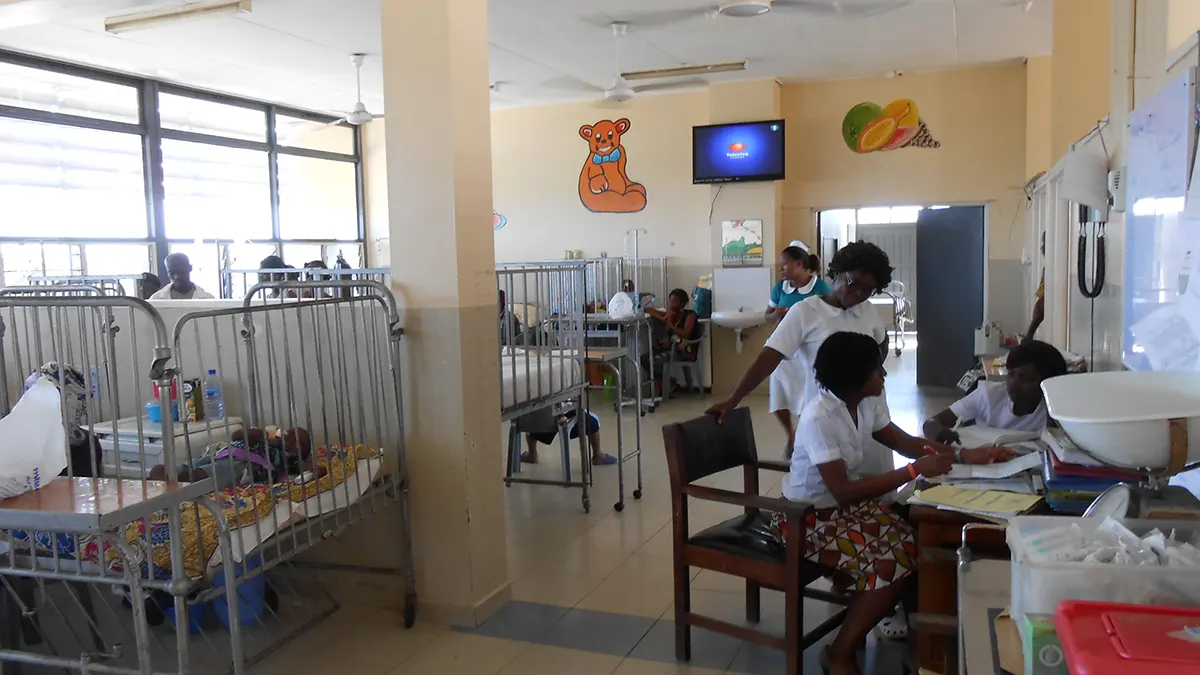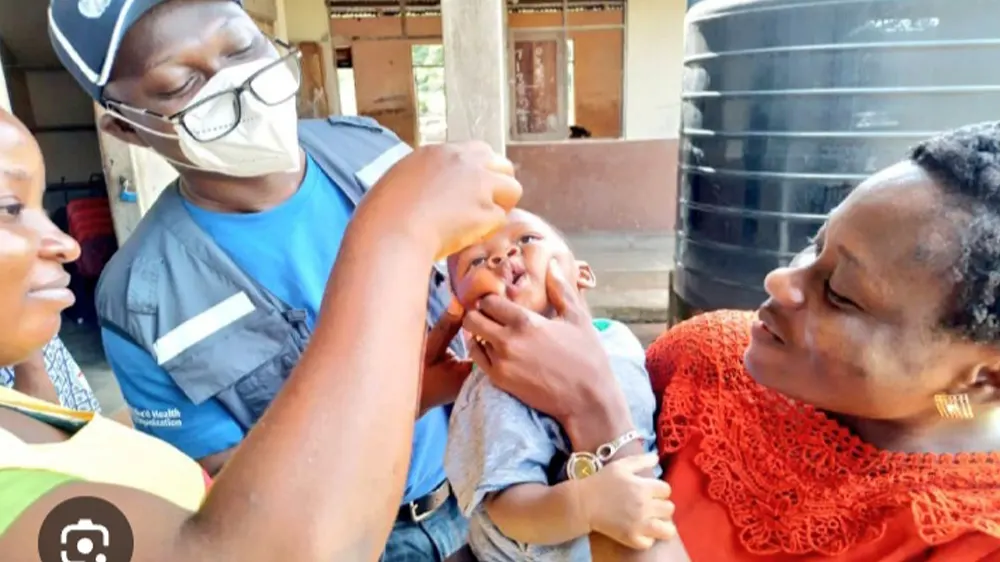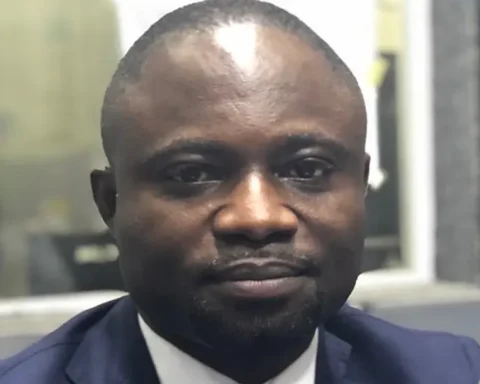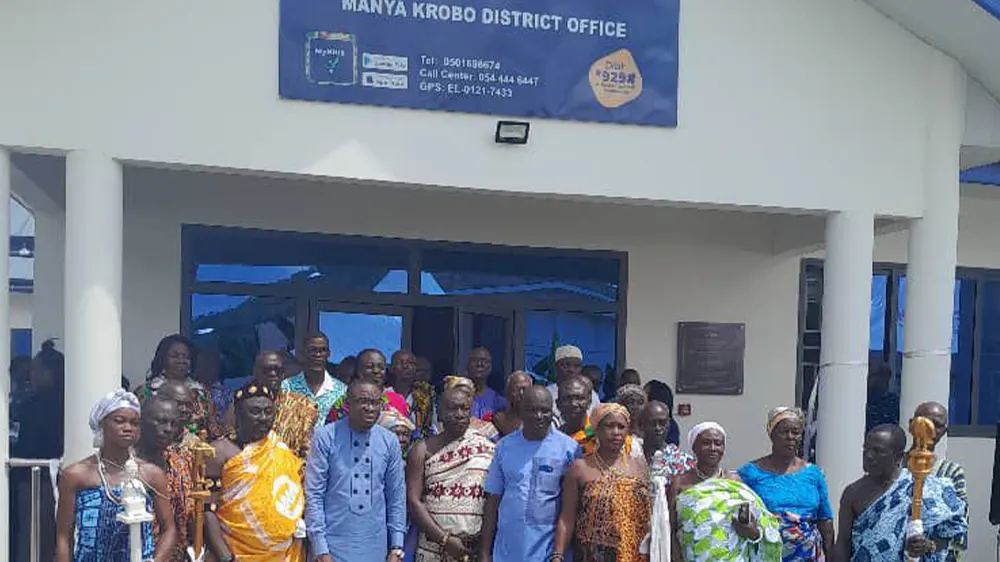Dr. Aissi Melchior, the Director General of the West African Health Organization (WAHO), has emphasized the importance of mainstreaming gender in health and risk communication across institutions in the West African sub-region. Speaking at a Regional Workshop on Gender Mainstreaming in Risk Communication and Community Engagement held in Accra, Dr Melchior highlighted the differing approaches to risk between men and women and the unequal access to communication channels.
Risk communication, as defined by the World Health Organization, involves the rapid exchange of information between authorities and individuals facing potential threats to their health, well-being, or livelihoods. Mainstreaming gender in risk communication is part of a broader strategy aimed at enhancing community preparedness for disease outbreaks and pandemics in West Africa over a five-year period.
Dr. Melchior stressed that gender considerations must be integrated into communication efforts related to diseases, infections, and pandemic responses. He noted that men and women often exhibit different behaviours in response to risks and have varying levels of access to communication channels, leading to disparate perceptions of risk and health practices.
Dr Dacosta Aboagye, the Director of Health Promotion and Chairperson of ECOWAS RCCE Strategy, underscored the importance of risk communication in managing future pandemics in the region. He highlighted the need to address gender-based issues within pandemic responses and emphasized the importance of empowering vulnerable groups.
Dr. Olayinka Umar-Farouk, Deputy Project Director of RCCE, highlighted the need for a better understanding of risk communication in the sub-region. She emphasized the importance of continuous risk communication efforts to raise awareness about pandemic responses.
The workshop, attended by health professionals and technocrats from various West African countries, aims to enhance regional capacity in integrating gender considerations into risk communication efforts. Over the course of three days, participants will analyze gender mainstreaming initiatives and challenges within the ECOWAS region, with the goal of improving pandemic response strategies.









